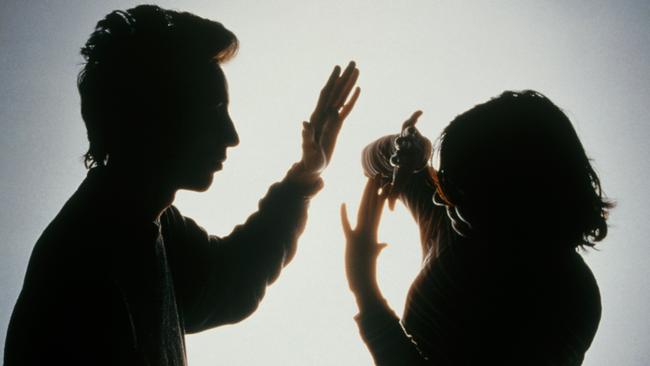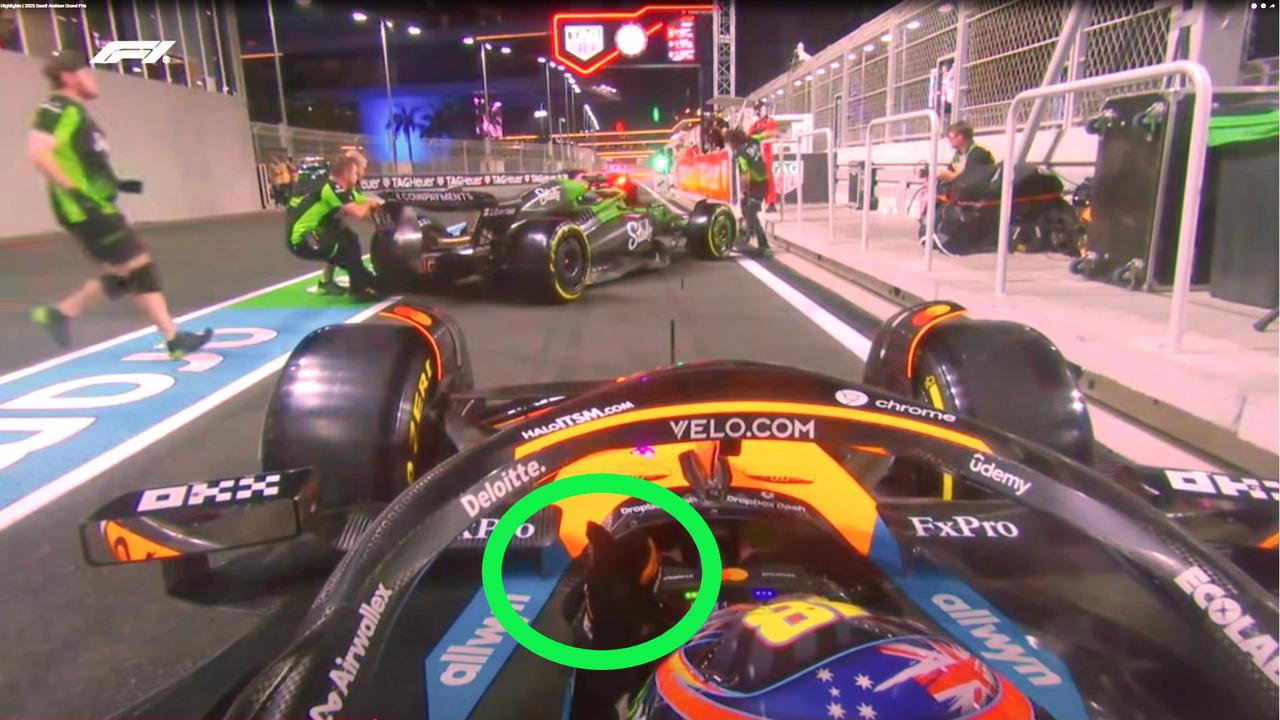Concussion in sport: Domestic violence victims show same brain injury trauma as athletes with CTE
It is the horror reality that should put the sporting world on notice. This is the level of brain injury trauma athletes with CTE experience. Warning: Distressing content.
![Concussion 360: An investigation into "sport's pandemic" [DO NOT ACTIVATE]](https://content.api.news/v3/images/bin/3b3a70b5048e19949c66070fa51a7b04)
Sport
Don't miss out on the headlines from Sport. Followed categories will be added to My News.
Domestic violence victims are showing the same brain injury trauma as that of footballers who develop CTE, shocking findings have revealed.
The hidden victims of CTE (chronic traumatic encephalopathy) could be in their thousands in this country, according to Nick Rushworth, executive officer of Brain Injury Australia.
One study in Victoria conducted over a 10-year period showed that two of every five hospitalisations from domestic and family violence involved brain injuries – which Rushworth describes as just the tip of the iceberg.
“Two in every five hospitalisations for domestic and family violence in Victoria over that decade involved brain injury, it was the greatest reason for domestic and family violence related deaths,” Rushworth told News Corp.
“And it was also the most significant reason for hospital admissions, emergency department presentations and major trauma cases.

“As dramatic as those findings are, that report was a hospitalisation study, so it’s all tip and no iceberg. So if you look at research overseas, looking at women who experience domestic and family violence and brain injury, only about one in five go anywhere near a hospital.
“So it raises the question about how many women there are in the community who get beaten regularly, who sustain regular concussions or mild traumatic brain injuries, who don’t go anywhere near a hospital and don’t go anywhere near a GP and simply hope they make a recovery before they get beaten again.”
Rushworth is helping several domestic violence survivors who are dealing with the same symptoms as retired professional athletes who are likely to have CTE.
“There are plenty of women who I have contact with who have what’s called post-concussion syndrome, so this is from one or more concussions, who have great difficulty with all the stuff that makes (a) brain injury what it is, which is difficulty with thinking, with planning, with memory, concentration, with interpersonal relations, family relations, holding down a job,” Rushworth said.
“And if you think about the community costs of potentially thousands of women who get beaten regularly by their partner or ex-partner in terms of loss of job, difficulties with their health and their daily functioning, the community costs would be enormous.
“If you think about it like a concussed footballer and the reason why we have such a focus on CTE now is because a lot of players who were playing in the 1970s and 80s whose brains are now in a bank, often they return not only to competitive play, but to training before their brain had completely recovered from their first concussion.
“Well, best practise return to play and return to training now is only once the player is genuinely free of any symptoms of their concussion.
“Victims, survivors of domestic and family violence, don’t have the luxury of choosing when to return home. So if you think about it in that context, there are potentially thousands and thousands of women who have the cumulative impact of multiple mild traumatic brain injuries from having been beaten by a partner or ex-partner on a regular basis over many, many years. And that is pretty close to what is CTE.”

Rushworth is urging GPs and other medical practitioners who study cognitive decline to ask more robust questions regarding possible domestic violence when dealing with female patients.
“This is an incredibly understudied area,” he said.
“Even though the research is absolutely clear, that traumatic brain injury is a risk factor for dementia, very few dementia researchers ask questions about experience of domestic and family violence when they’re talking to women about their experience.
“It shouldn’t be news that those women who experience domestic and family violence may be at risk of brain injury and both the short and long term consequences of that. But it’s a really under-researched area and because there’s little evidence for it, it’s also radically underserviced.
“So there aren’t many services and supports out there available for women who’ve experienced brain injury, the result of domestic and family violence, whether it’s a one off severe traumatic brain injury or multiple mild traumatic brain injuries over the course of years and years.”
Originally published as Concussion in sport: Domestic violence victims show same brain injury trauma as athletes with CTE
Read related topics:Concussion



